News
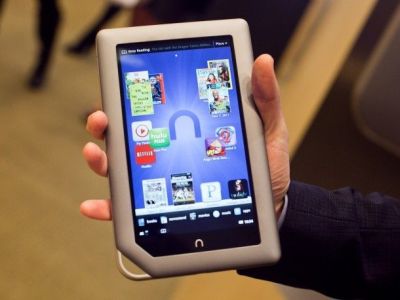 |
The largest bookstore chain in the U.S., Barnes & Noble, announced to cease development of their own tablet, but in the future will rely on external partners.
- Details
- Hits: 2823
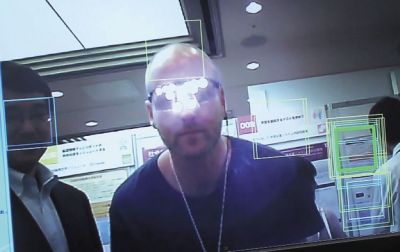 |
Japanese scientists Isao Echizen from the National Institute of Informatics and his colleague Seiichi Gohshi from Kogakuin University, believe that the Google Glass and smart surveillance cameras with computer algorithms that allow for face recognition in the future play a major role in the withdrawal of the last havens of our privacy, and therefore began to develop a system that would successfully fight against it last year.
- Details
- Hits: 3426
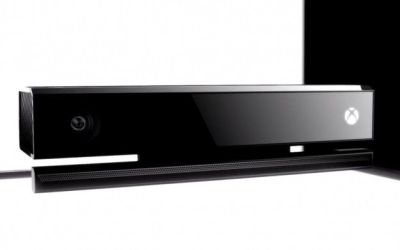 |
For those who plan to buy a Xbox One, and then use the console's Kinect on the PC and vice versa we are brining some bad news. According to Ars Technica, the new Kinect for Xbox One will not be able to directly connect to a PC, unlike the older versions of the device for the Xbox 360 that came with the adapter that made connectiong to PC's via USB slot quite simple. Instead, the new Kinect that comes with the Xbox One has its own connector and it is physically impossible to connect it with anything on the PC, and Microsoft does not intend to make an adapter that would allow such thing.
- Details
- Hits: 2789
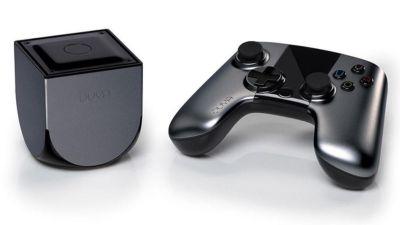 |
Ouya, handheld console based on Android has it's name written in the history books as one of the most successful projects in the history of Kickstarter, with massive funding they managed to raise more than $8.5 million USD.
- Details
- Hits: 2621
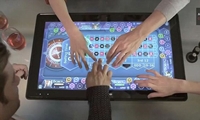 |
Anyone remember the Surface? No, not the sleek little laptop/pad we see all over the news now, I’m talking about the big idea Microsoft had back in 2002, the huge “interactive table” that families were supposed to gather around so share photos and play games on. If not, you’ve got the idea. Partnered with Samsung, they produced the SUR40, a 40-inch multitouch display that would set the buyer back $7,500 or more. Needless to say, we don’t see them in every home today.
- Details
- Hits: 3091
More Articles …
Page 274 of 570



